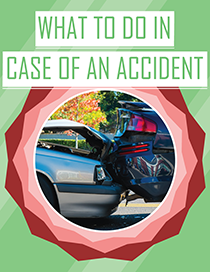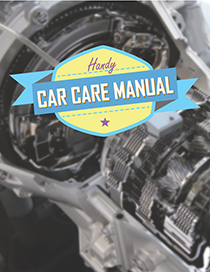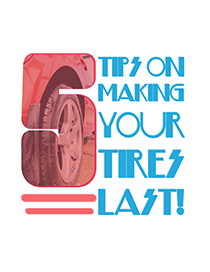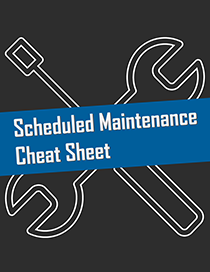Three Considerations to Make for a Car Insurance Deductible
There are certainly pros and cons to weigh when investing in full car insurance coverage and deciding on a deductible.
A car insurance deductible is usually associated with collision and comprehensive policies. A deductible is an amount that you, the policyholder, needs to pay from the amount that your policy will return. For instance, say your insurance company, based on your policy, is willing to give you $5000 for the damage to your car. Your deductible may be $500 of that $5000 return, with the insurance company fronting $4500.
Keep in mind that many states in the US do not require a comprehensive policy from drivers. However, they do require vehicle operators to at least have liability insurance for their vehicle(s), and liability insurance does not have deductibles. There are certainly pros and cons to weigh when investing in full car insurance coverage and deciding on a deductible.
What is the average deductible amount?
For collision and comprehensive car insurance policies, you will often find that many drivers opt for $500. Many companies do offer deductibles of $250, $500, $1000, and even $2000. You can often find different deductible amounts for collision versus comprehensive policies. And for the policies that have $0 to $100 deductibles, these have higher premiums or you may be benefiting from diminishing deductibles from having a clean record from accidents.
Opt for a lower or higher deductible?
The higher your deductible is, the lower your insurance premium will likely be. This means your out-of-pocket expense when you file a claim will be higher. Conversely, a higher insurance premium will typically result in a lower deductible when the claim is made.
If you’re financially able to make the higher premium cost, we recommend that you try to lower your deductible as much as possible. This can ensure that damage is covered no matter the cost. It would be counterintuitive to have a collision deductible of $500 on the damage that only adds up to $450, meaning you would have to cover the entire cost of the accident.
Can you afford the deductible at any point?
Do not agree on a deductible amount that is beyond your means of affording at a given time. Accidents are unpredictable, so you need to have the funds available to readily make the repairs in the event of one. The best thing you can do is to set aside the deductible amount or 2-3 times more than it into savings. This way you’ll be prepared.
Collision and comprehensive insurance for your vehicle is imperative if you’re leasing or paying off a car loan. If you’ve paid your car off entirely, it’s really up to you whether you want to take the chance. Many people opt out if their vehicle is ten or more years old, since the cost of repairs may amount to more than the car is worth. If you are getting your vehicle fully covered, we hope that these deductible considerations are helpful in deciding the best policy for you.






